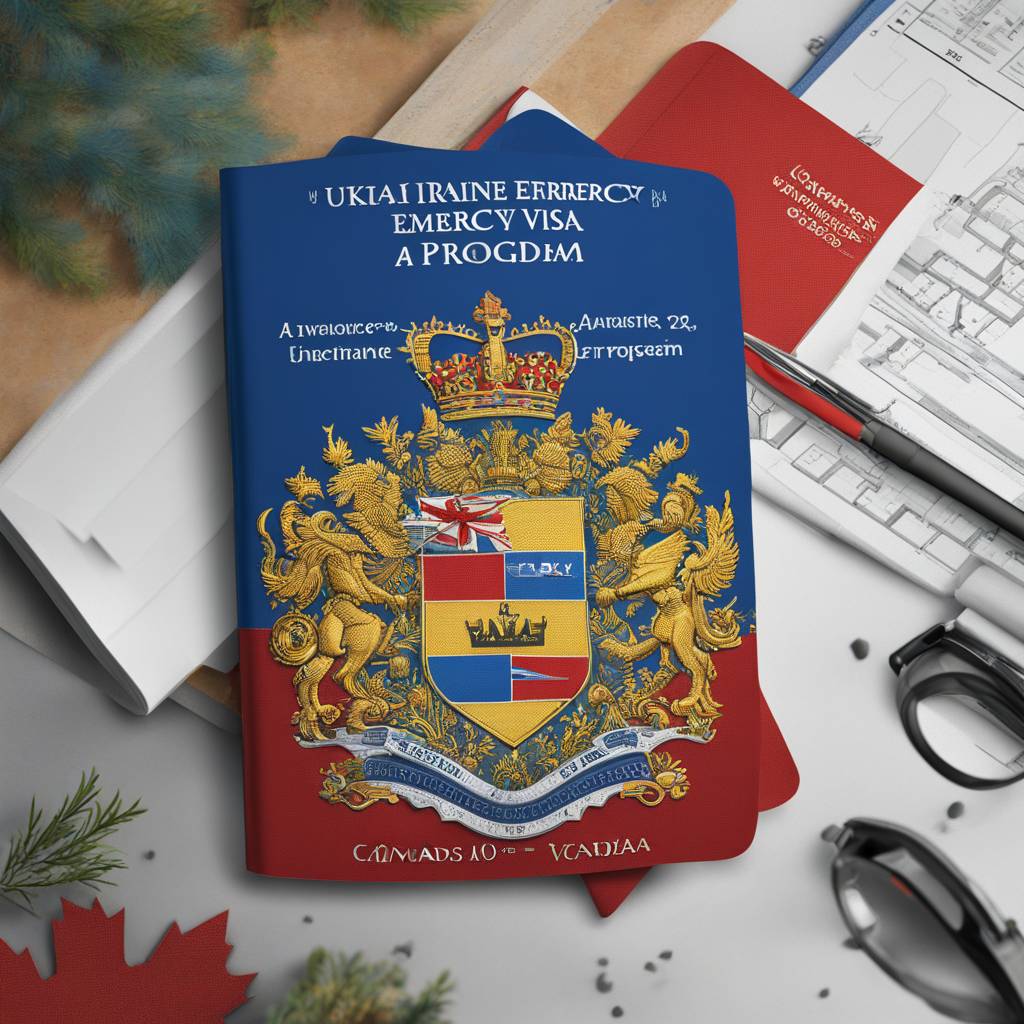The Canadian Immigration Lawyer Association is concerned about a potential backlog in work permit and permanent residency applications as the Canada-Ukraine Authorization for Emergency Travel (CUAET) program comes to an end. The program was launched in response to Russia’s invasion of Ukraine and has allowed Ukrainians to come to Canada temporarily. With the application deadline now passed, there is a need to address what will happen when these individuals’ work permits expire, and they want to stay in Canada permanently. Immigration Minister Marc Miller has stated that individuals will not be deported back to Ukraine, especially with the ongoing war and the destruction and dangers that remain in the country.
As the CUAET program reaches its sunset date, discussions are ongoing about next steps for those currently in Canada on temporary resident visas. There is also a specialized family reunification pathway to permanent residency for CUAET visa holders who wish to stay in Canada. However, not all individuals have family members to qualify for this track and may need to explore other options for permanent residency. Some are considering applying on humanitarian and compassionate grounds, as the rebuilding process in Ukraine will take years, and there are potential dangers such as landmines left behind from the conflict.
The lawyer Lev Abramovich has suggested the creation of a temporary program that will allow Ukrainians to transition to permanent residency based on employment, rather than on family ties. This would help ease potential backlogs and provide a pathway for those who do not have family in Canada. The CUAET program has approved 960,000 emergency visas, with a significant number of applications still being processed. It is unclear how many successful applicants will actually come to Canada, but the government has assured that all applications will be processed normally, even after the program deadline.
Immigration Minister Marc Miller has emphasized the importance of ensuring that individuals fleeing the war in Ukraine are safe and welcome in Canada. There is a recognition that the war in Ukraine has caused significant destruction and displacement, and that the rebuilding process will take time. Efforts are being made to explore different pathways to permanent residency for Ukrainians in Canada, taking into consideration their unique circumstances and needs. The government is open to hearing from advocacy groups and stakeholders on potential solutions to address the challenges posed by the end of the CUAET program and the potential backlogs in work permit and permanent residency applications.
As the government continues to evaluate the situation, it is crucial to consider the long-term implications of the end of the CUAET program and the need to provide stability and support for Ukrainians who wish to make Canada their permanent home. The focus is on finding solutions that will prioritize the safety and well-being of individuals affected by the conflict in Ukraine, while also ensuring that the immigration system remains efficient and effective in processing applications. Ultimately, the goal is to provide a smooth transition for Ukrainians seeking to build a new life in Canada, while also addressing the challenges and uncertainties that may arise in the process.


